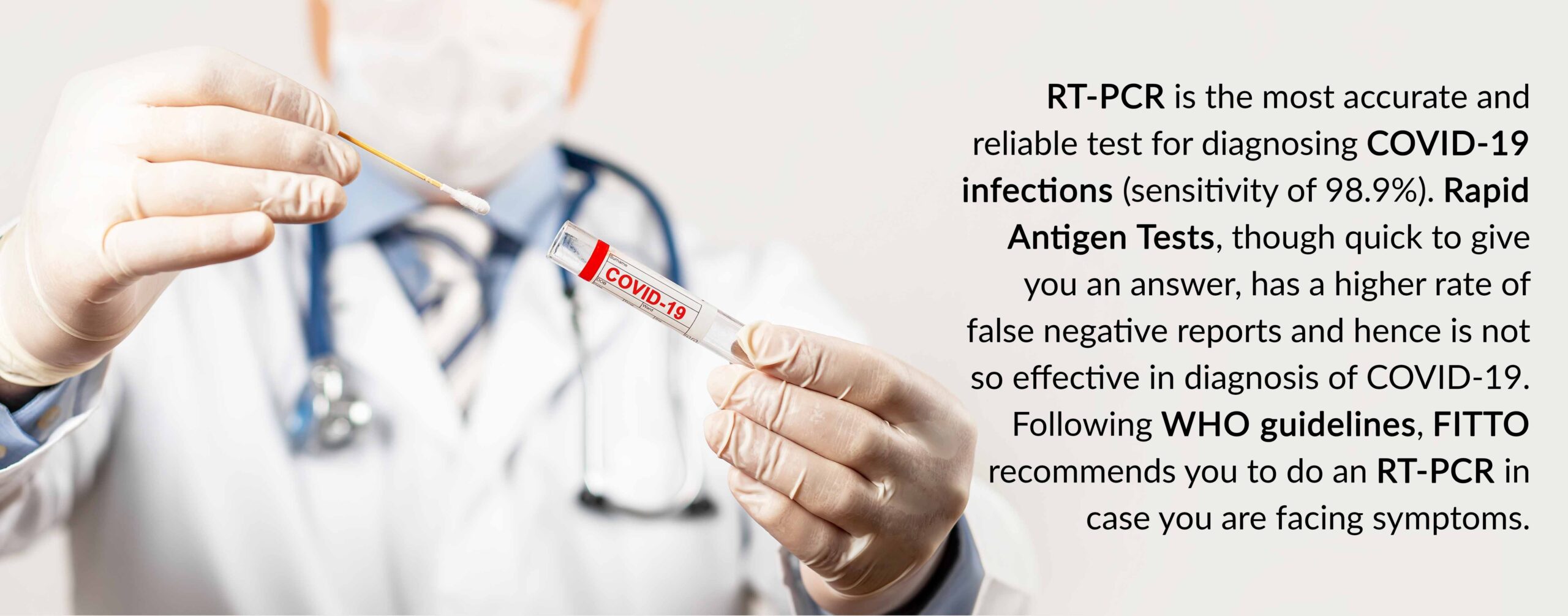By the 1800s, basic science fields such as bacteriology, physiology and pathology had advanced to the point where they were beginning to significantly impact the understanding of disease and the clinical care of patients. Until then, medicine was mostly observational, describing clinical findings, with most treatments based on untested theories. Unlike the approach of studying the ‘external’ manifestations of disease, the new-age physicians focused on the “inner” diseases, leading to the designation of their practice as the German innere Medizin, or “internal medicine”.
Antibiotics are a group of drugs designed to fight various infections. Technically antibiotics can be subclassified into antibacterial, antifungal, antiviral and antiparasitic agents. However, in common translation, antibiotics refer to antibacterial agents and they do not work against viral, fungal or parasitic infections.
Headaches can be classified mainly into 4 types • Migraine Headache – Migraines are common causes of headaches which affect one side of the head and is throbbing in nature; often associated with nausea and vomiting • Tension Headache –Tension headaches give the sensation of a tight hat wrapped around the head • Hypnic headache – A rare headache affecting the ages of 40 – 80. It occurs mostly at night and lasts for 15 – 60 minutes. • Cluster Headache – A headache occurring several times a day, yet lasting for short durations. They are usually one-sided and associated with symptoms such as stuffy nose, tearing and enlarged pupils.
Vaccines for Chicken pox are given to children, yet that does not exclude the possibility of an infection later in their lives. The vaccines reduce the severity of the infections. For patients suffering from Chicken pox, antivirals such as Acyclovir are often prescribed to reduce the severity of symptoms.




















